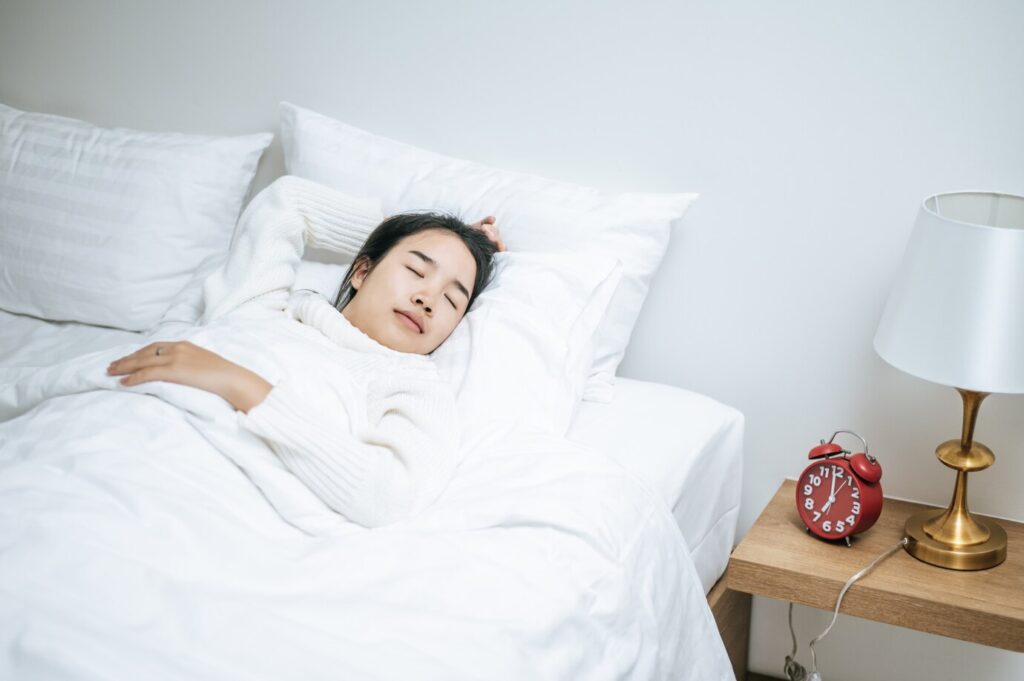We all know how important good sleep is. But what about too much sleep—is that even a thing? The answer isn’t so simple. Like many aspects of health, oversleeping can be both a symptom and a cause of larger issues.
In this article, we’ll explore what oversleeping really means, what might be behind it, and what you can do to get your sleep back on track. This info is based on medical journals and peer-reviewed research, but keep in mind—it’s not a substitute for professional medical advice. If you’re struggling with sleep, talk to your doctor.
What Is Oversleeping?
Most sleep experts recommend adults aim for 7 to 9 hours of sleep per night. If you regularly need more than that and still wake up groggy, it might be a red flag that something else is going on.
Common Causes of Oversleeping
Oversleeping isn’t just about being tired—it can signal an underlying issue. Let’s break down some of the most common culprits:
1. Sleep Disorders
-
Hypersomnia: This condition causes people to feel tired throughout the day and sleep longer at night. The root cause isn’t fully understood, so treatment often focuses on managing symptoms.
-
Sleep Apnea: People with sleep apnea stop breathing multiple times an hour during sleep—sometimes over 100 times per night. This disrupts their rest and often leads them to oversleep to compensate.
2. Chronic Pain
Chronic pain can interfere with sleep quality and lead to oversleeping. One related condition is bruxism, which causes teeth grinding and jaw clenching during the night. If pain is part of your sleep troubles, it’s worth discussing with a healthcare provider.
3. Anxiety and Depression
Depression can make it hard to get out of bed in the morning—and some people sleep as a way to escape symptoms. Anxiety, on the other hand, can delay sleep onset due to increased cortisol (a stress hormone), leading to sleep debt. When that debt builds up, your body might push you to sleep in.
Fact: Over 17 million Americans experience depression each year.
4. Obesity
While there’s no direct evidence that obesity causes oversleeping, it’s often linked to sleep apnea and depression, both of which can disrupt sleep. It’s important to look at the bigger picture when assessing your sleep patterns.
Signs You Might Be Sleeping Too Much
Because everyone’s ideal sleep needs vary, it’s not always easy to tell when you’re overdoing it. But these are a few common red flags:
-
Frequent napping (especially multiple naps per day)
-
Difficulty waking up to alarms
-
Brain fog, forgetfulness, or feeling “off”
-
Low energy, slow thinking, or slurred speech
-
Mood changes like anxiety or irritability
-
Morning headaches (which could signal bruxism or sleep apnea)
Tips to Stop Oversleeping
If you suspect you’re sleeping too much, the first step is talking to your doctor. But some lifestyle tweaks can help get your sleep cycle back on track:
1. Stick to a Sleep Schedule
Try going to bed and waking up at the same time every day—even on weekends. This trains your internal clock (your circadian rhythm) to work more efficiently.
2. Improve Your Sleep Environment
Your surroundings matter. A poor sleep setup can interfere with rest and push you to sleep longer to compensate.
Try these changes:
-
Keep your room dark—use blackout curtains or an eye mask.
-
Limit screen time before bed. Blue light disrupts melatonin production.
-
Don’t hit snooze. Going back to sleep can actually make you groggier.
-
Keep things tidy. A clean room promotes relaxation.
-
Set your room temp between 60–70°F—this range is often ideal for restful sleep.
3. Move Your Body
Exercise is a natural sleep booster. Researchers aren’t 100% sure why, but moderate physical activity has been linked to better quality deep sleep—the kind that leaves you feeling refreshed.
The Bottom Line
Oversleeping can be more than just catching up on rest—it might be your body trying to tell you something. If you’re constantly feeling tired or sleeping longer than 9 hours on the regular, don’t ignore it. Talk to a healthcare provider and explore what lifestyle changes could help you feel your best.



